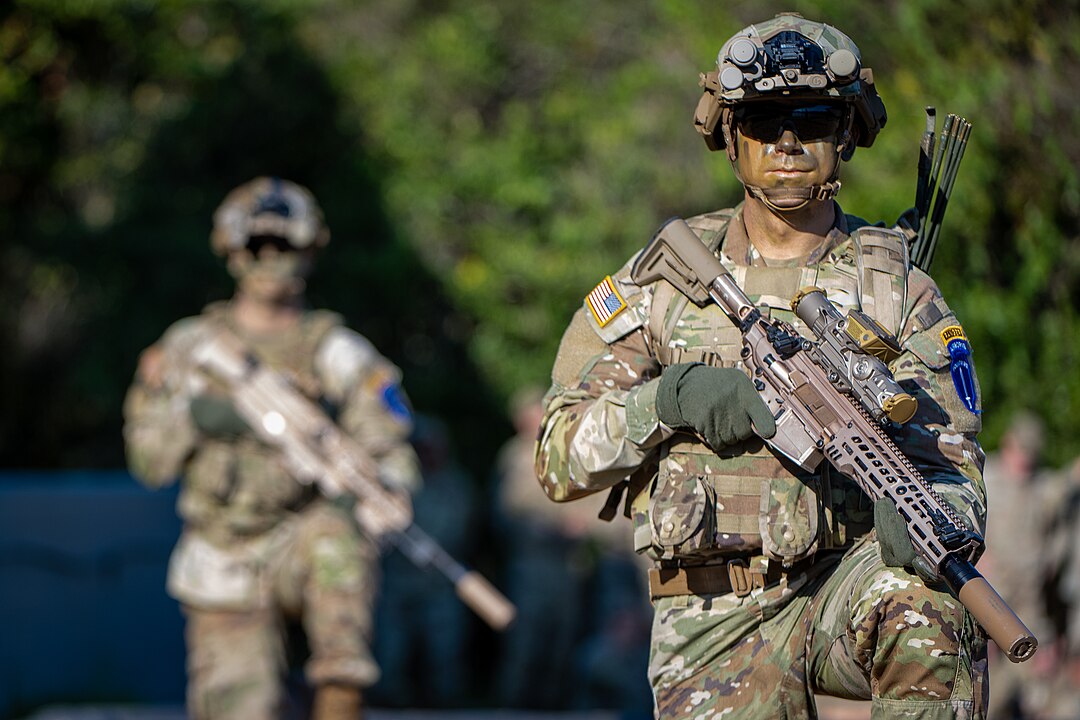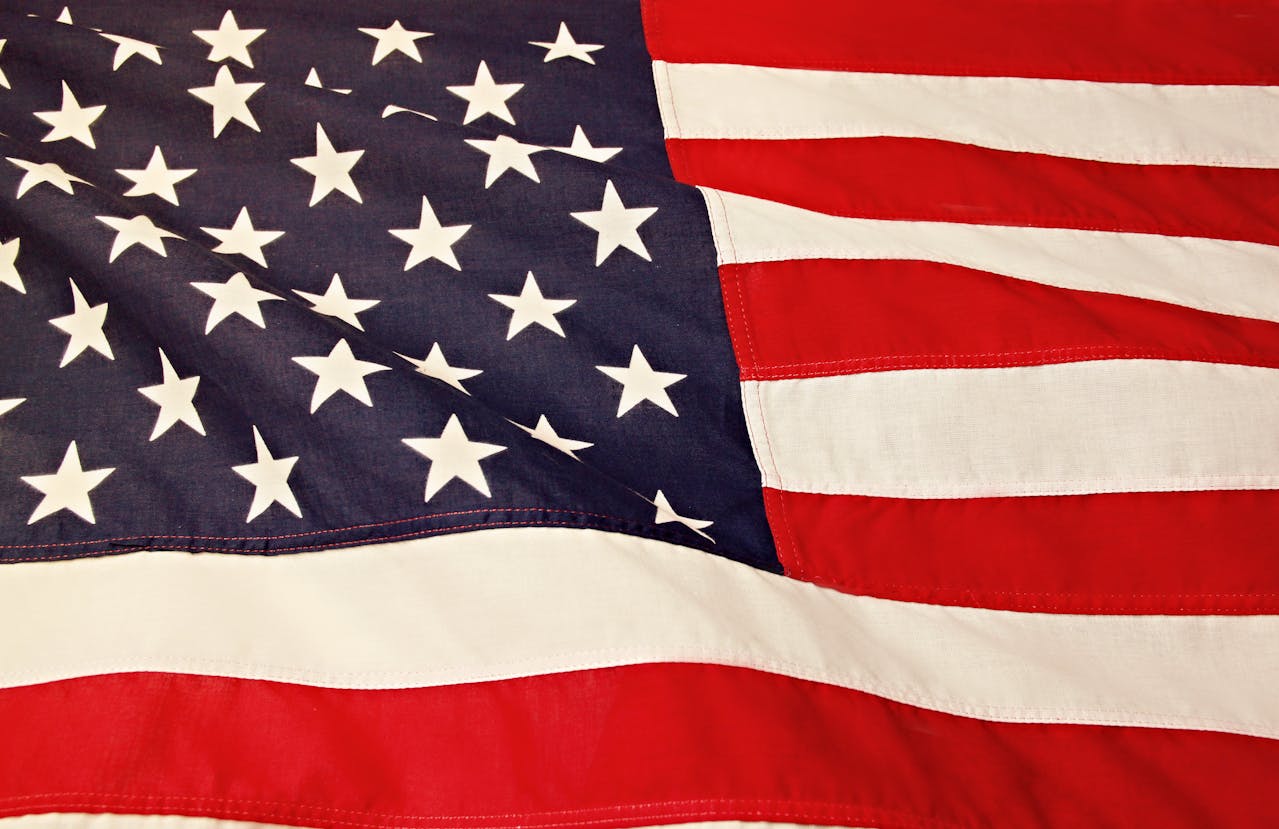Across posts from the Fulda Gap to the DMZ, daily life ran on quiet rules designed to keep accidents rare and secrets safe. Soldiers trained to minutes, not hours, and learned that a phone call or casual remark could ripple far beyond the barracks. Travel meant paperwork, currency required control, and uniforms carried meaning in every town they entered. The tension felt ordinary, almost invisible. What this really means is simple. Peace held because procedures held, one small habit at a time.
Two Person Control Around Nuclear Weapons
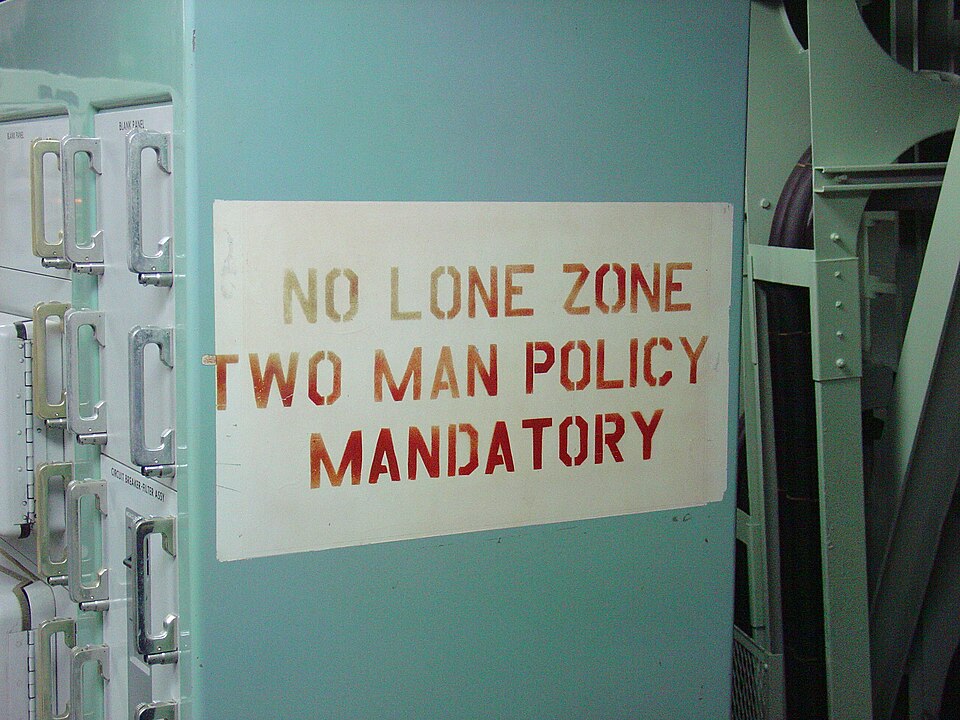
Any action that touched a nuclear component demanded two cleared people in constant view of each other and the item. No lone work, no exceptions. Entry to restricted bays required badges, logs, and challenge checks, and tools were counted like valuables after every task. Technicians spoke in short, exact phrases and followed written steps line by line. The point was prevention. A second set of eyes caught mistakes, deterred sabotage, and made sure a bad decision never had a chance to breathe.
Sealed Codes, Challenges, and Authentication
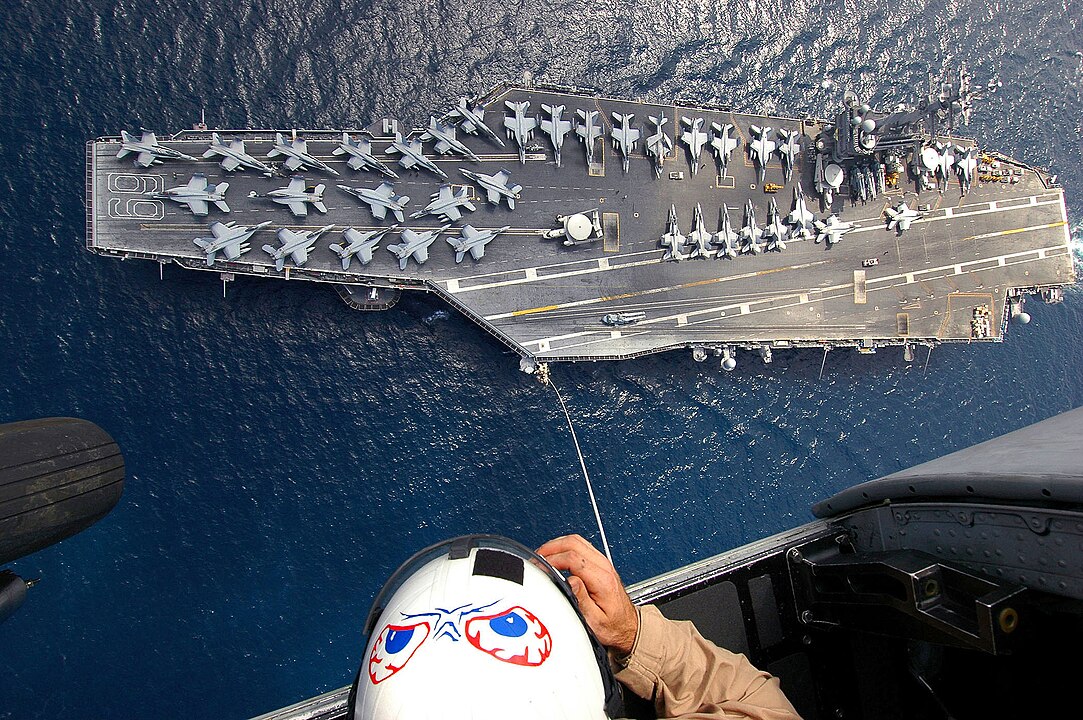
Units carried sealed authenticator cards and daily challenge words that governed access to radios, gates, and operations. A guard issued the challenge, waited for the correct reply, and matched it against the day’s sheet before anything moved. On the air, brevity codes replaced plain language, and missing cards triggered immediate resets. The system slowed haste and punished shortcuts. It built a habit of proof before trust, which mattered most when tension rose suddenly and confusion felt tempting.
Strict OPSEC on Phones, Mail, and Bars
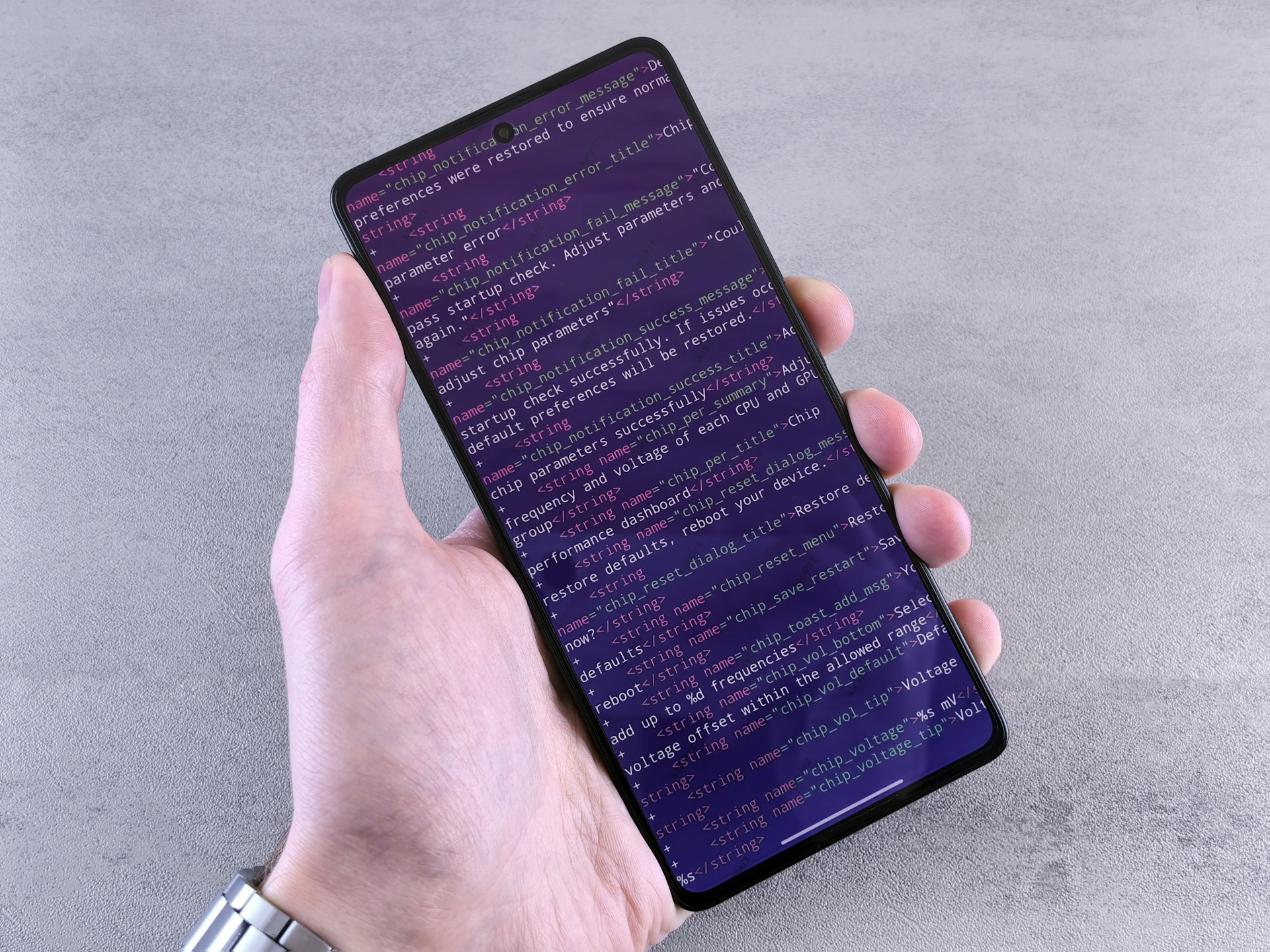
Operational security lived in small choices. Soldiers avoided talk of unit strength, movement dates, or alert drills on telephones and in letters home. Off post bars drew warnings about loose conversation and friendly strangers who listened well. Command briefed what could be said, what never could, and how rumor outruns orders. Mail clerks and switchboards knew the rhythm of the unit and flagged patterns that felt wrong. Say less, share later, protect people by keeping details where they belong.
Travel Papers and Off Limits Zones
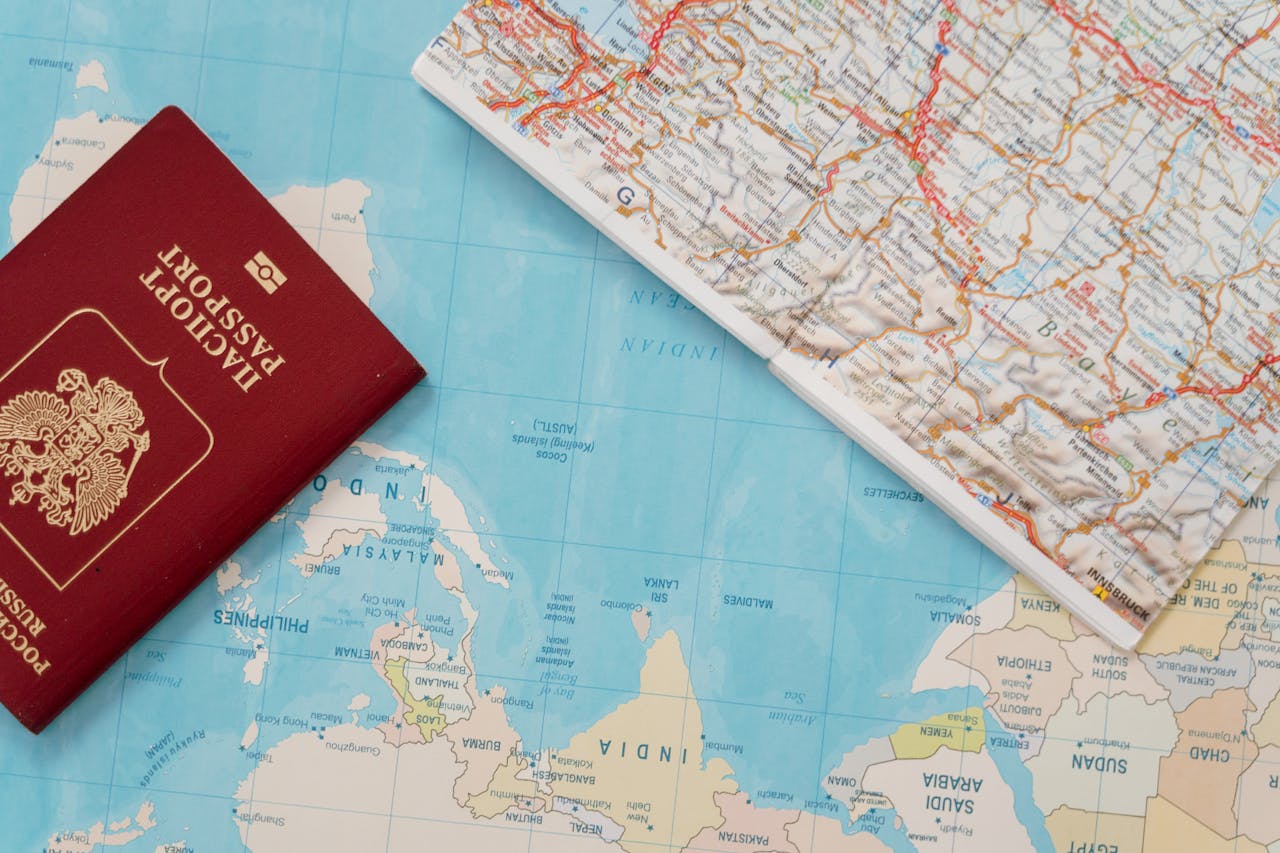
In divided cities and along tense borders, wandering was never casual. Pass cards, leave forms, and map briefings set the boundaries for every trip. Certain streets, clubs, and viewpoints were off limits, posted on bulletin boards and read at formation. New arrivals learned safe routes to work, the commissary, and train stations without crossing into trouble. Visitors signed in at duty desks, and late returns drew questions. Freedom of movement existed, but it ran on permission, timing, and judgment.
Currency Controls and Black Market Rules
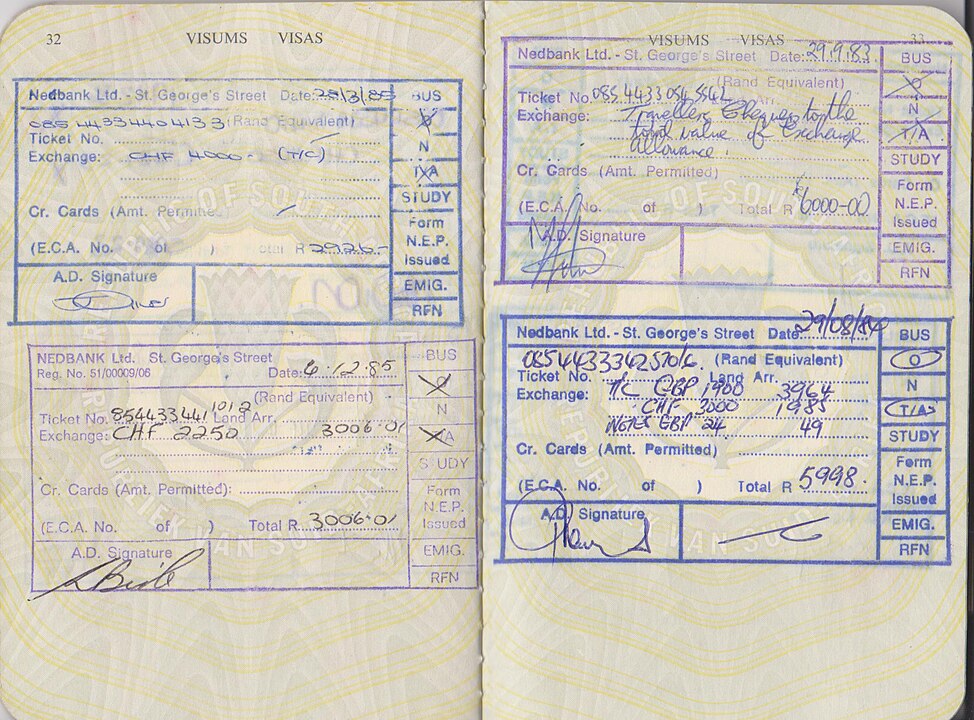
Overseas commands fought black markets with controlled exchange and, for years, Military Payment Certificates instead of cash. Paydays came with reminders to change money only at finance windows and to keep receipts. Surprise inspections checked wallets for unauthorized notes. Street rates that looked generous were treated as a warning, not a bargain. The logic was blunt. Illicit trade funded crime, invited surveillance, and pulled service members into problems that spread quickly beyond a single bad purchase.
Uniform, Grooming, and Political Neutrality
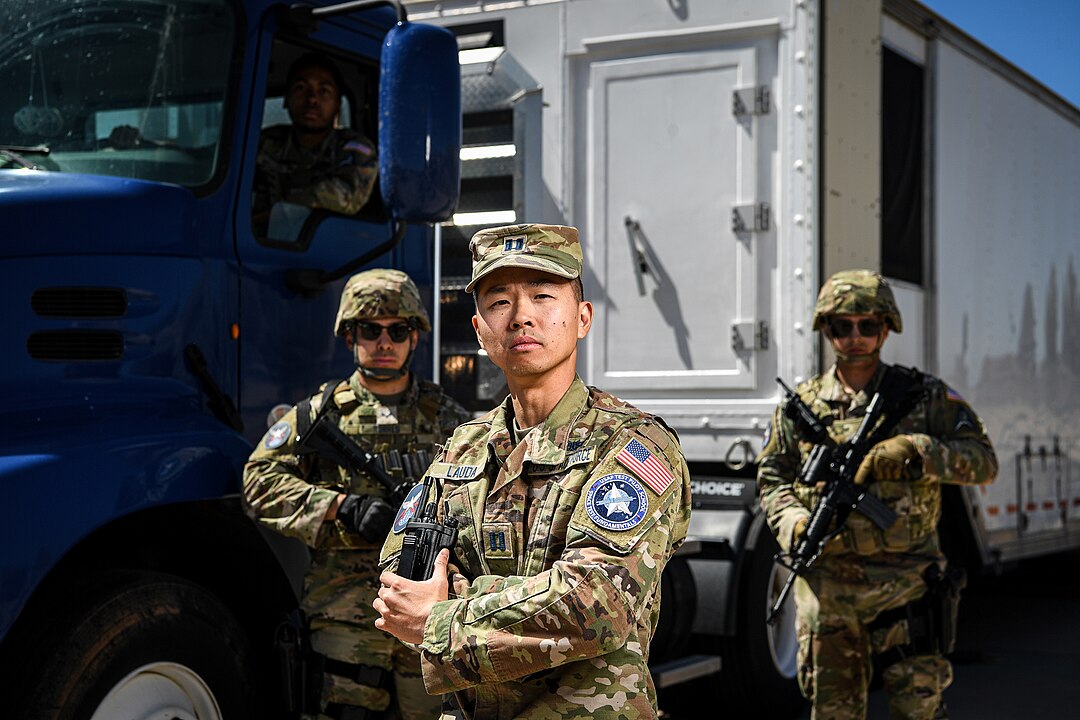
Grooming and uniforms signaled discipline to host nations and made service members easy to identify. Commands limited uniform wear in certain districts, banned mixing civilian clothing with field gear, and required clean cuts. Attendance at rallies or partisan events in uniform was prohibited, and even out of uniform participation drew caution. The force stayed publicly neutral and predictable. It was not only about image. It protected missions, reduced friction with local authorities, and kept focus on duty.
Report Every Foreign Approach
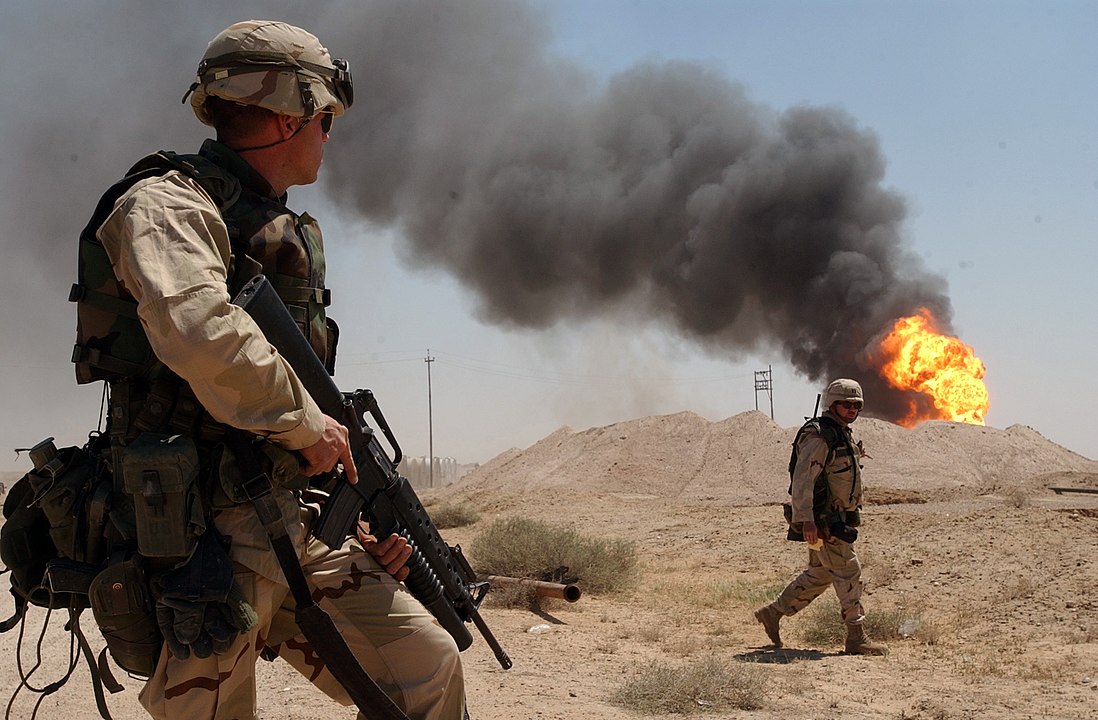
Contact from a foreign official, an inquisitive journalist, or a new acquaintance eager for unit details triggered an obligation to report. Soldiers met with counterintelligence staff, explained who asked what, and logged time and place. The tone aimed at prevention, not blame. Patterns mattered more than a single chat, and early reports mapped risks around bars, train stations, and hotels. The rule was steady. Curiosity is normal. Secrecy is not. Report quickly and return to routine.
Recall Rosters, Go Bags, and Minute Drills
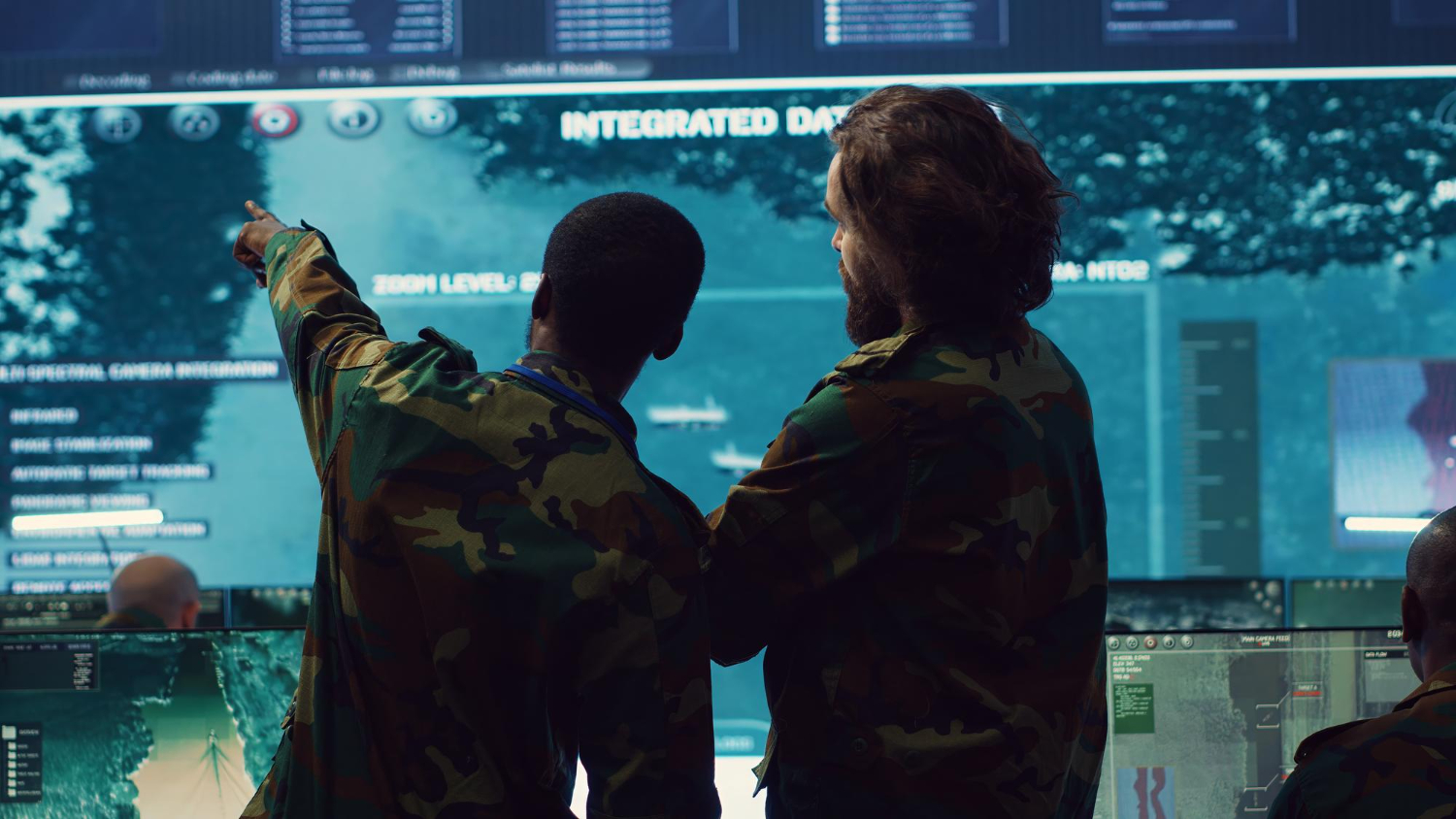
Units lived with recall. Phones rang at odd hours, and formation times were measured in minutes. Go bags sat by doors with orders, socks, toiletries, and cold weather layers ready to move. Vehicles carried loaded toolkits, and fueling plans were rehearsed until they felt automatic. Families learned the rhythm, kept spare keys near the door, and adjusted plans without drama. The habit was not theater. It was practice for a world where a quiet morning could tilt before sunrise.
Chemical Readiness and Mask Confidence
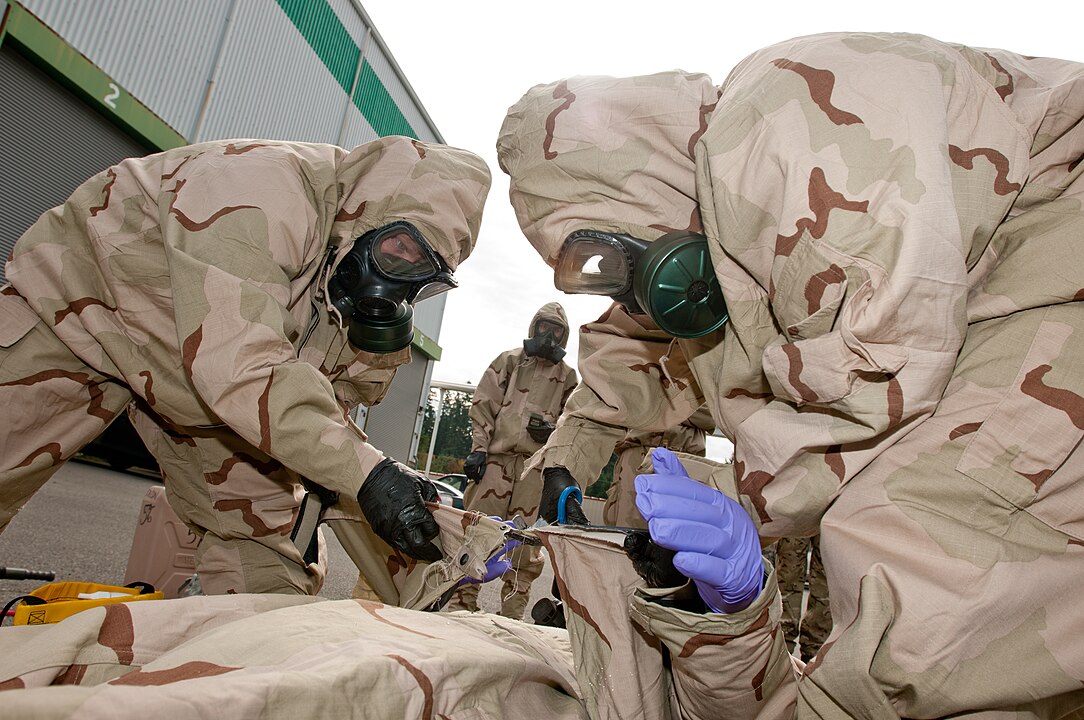
Gas mask drills came often and without warning. Soldiers broke seals, cleared lenses, and recited last names to prove a tight fit while timers clicked. Decontamination lines unfolded from memory with buckets, brushes, and marked lanes. Training covered symptoms, antidote injectors, and the difference between nuisance smoke and a real event. Filters were dated and swapped, suits were checked for pinholes, and storage stayed dry. Chemical readiness was a perishable skill, useful only if practiced until boring
